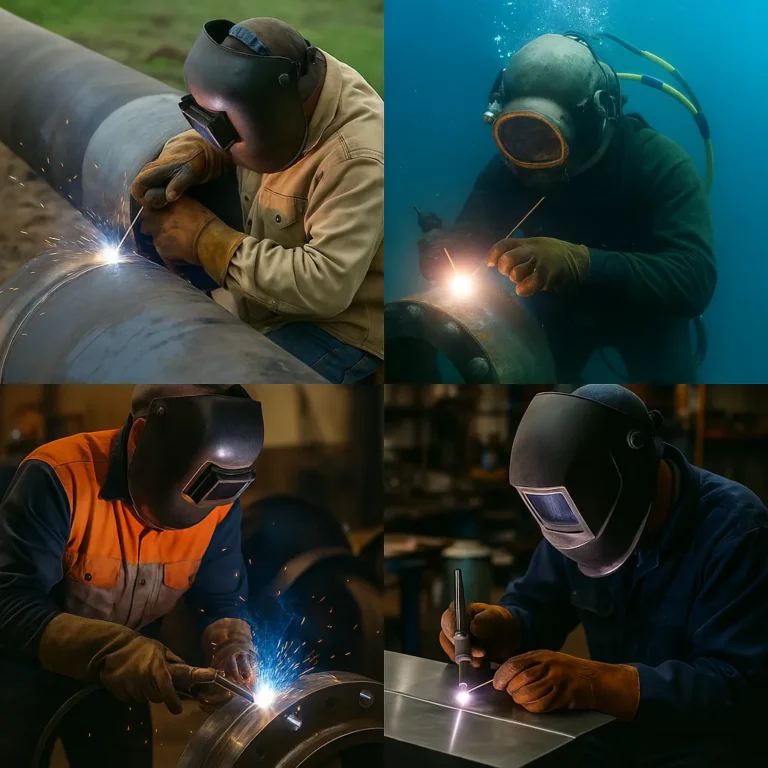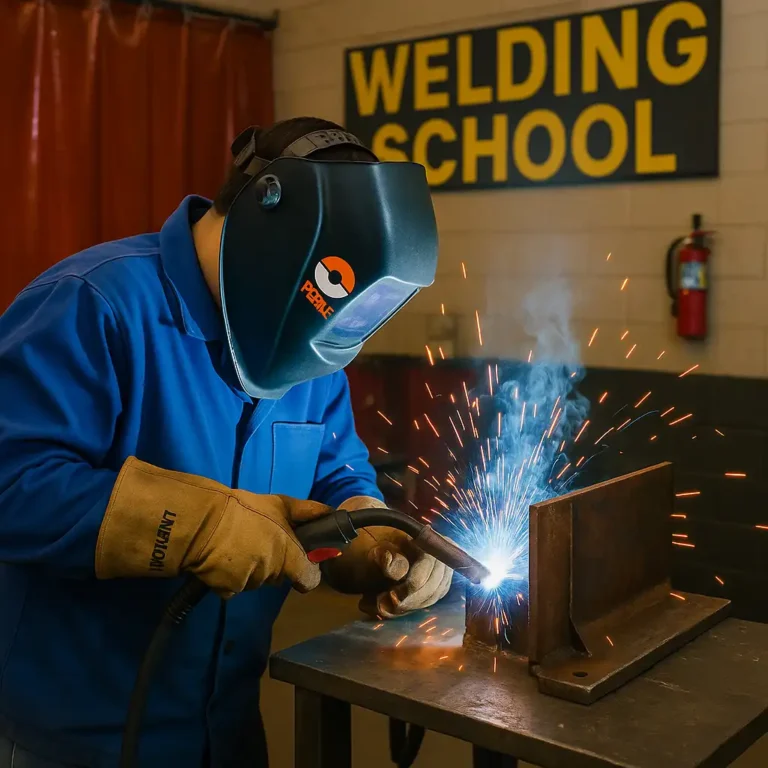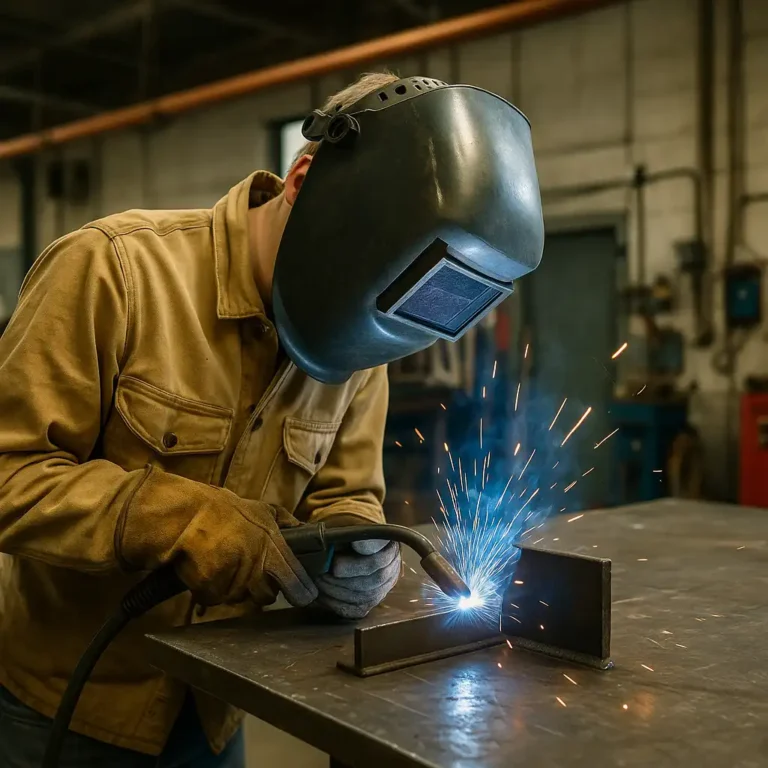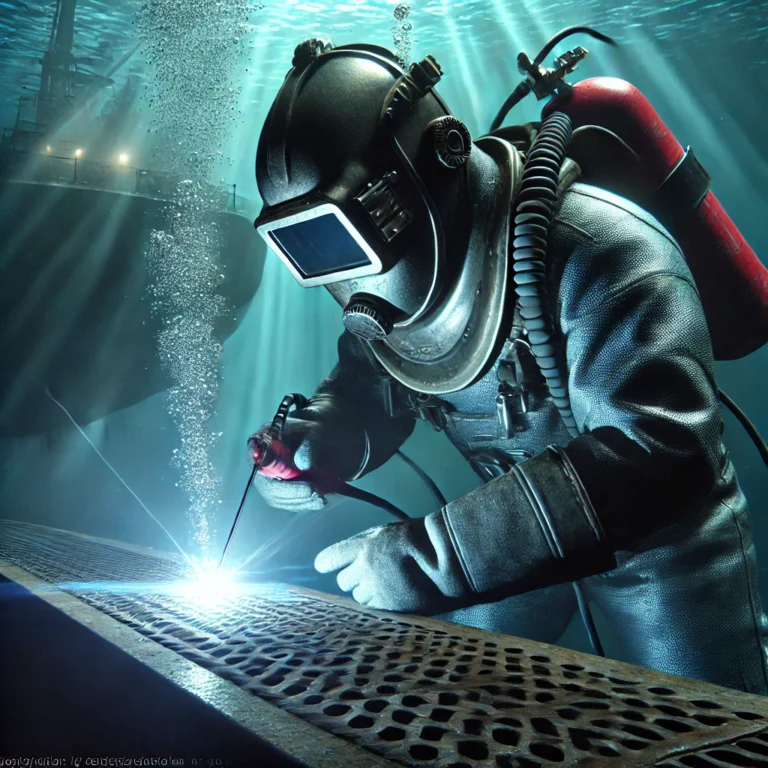What You Need to Know About Oil Rig Welding Salary and Work Conditions
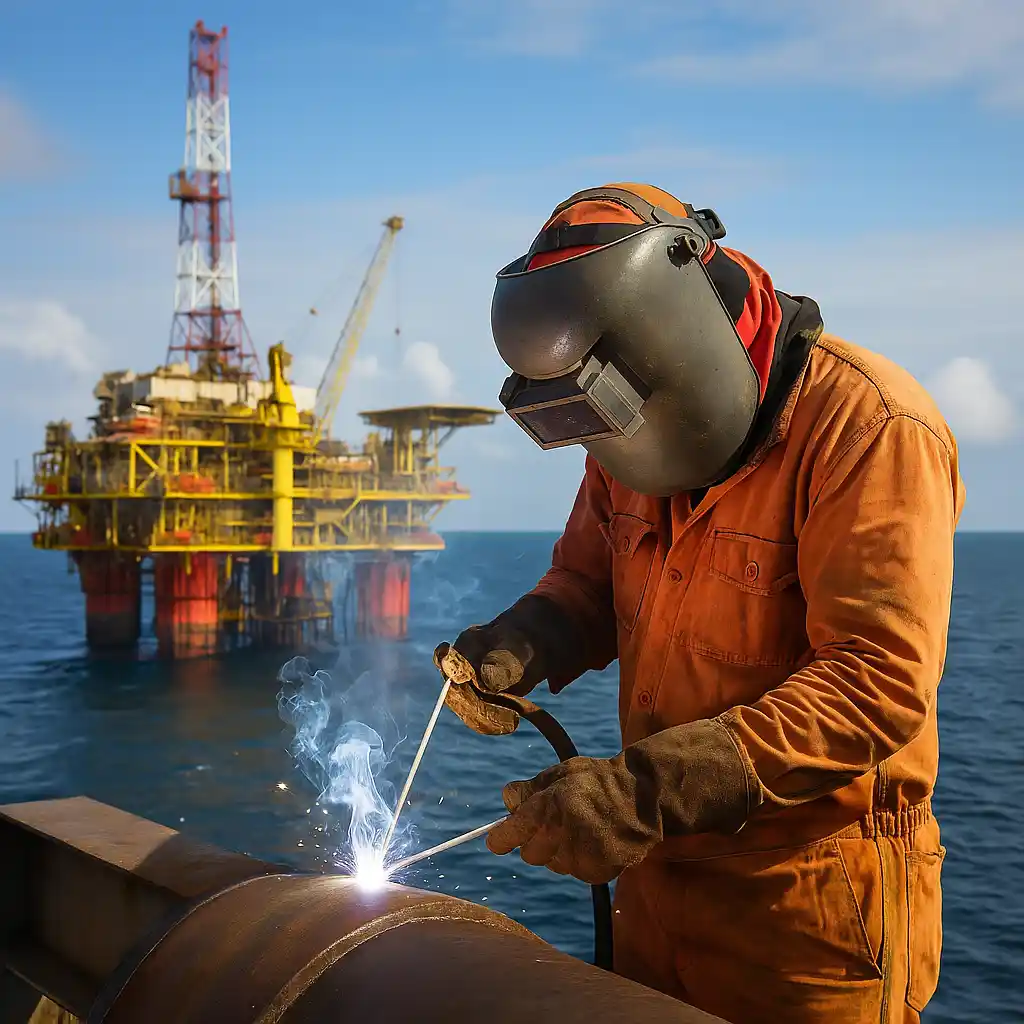
Disclosure: This post contains affiliate links. As an Amazon Associate, I earn from qualifying purchases—at no extra cost to you.
Welding on oil rigs is among the most demanding yet financially rewarding jobs in the skilled trades. With long shifts, hazardous environments, and time away from home, the position requires both technical ability and mental toughness. However, for those willing to take on the challenge, the compensation can be substantial. In this article, we’ll explore the typical oil rig welding salary, what factors influence pay, and what the job entails.
Average Salary for Oil Rig Welders
Oil rig welders, particularly those working offshore, often earn salaries well above standard welding jobs. Entry-level oil rig welders typically earn between $60,000 and $80,000 annually, while experienced professionals can earn over $100,000. Due to the extreme conditions and specialized skills required, some high-risk offshore welding jobs, such as hyperbaric or underwater welding, can exceed $200,000 per year.
These numbers reflect base salary, and many welders also receive generous overtime, hazard pay, and offshore bonuses that significantly increase total compensation. For instance, a 12-hour shift with rotating schedules can include extended overtime, pushing take-home pay even higher.
Key Factors That Influence Salary
Experience and Certification
Welders with certifications in underwater welding, non-destructive testing, or advanced arc welding methods (such as SMAW or GTAW) are often in higher demand and command better salaries. Employers prioritize workers who can perform multiple weld types in different materials under pressure.
Experience in offshore environments is also a major factor. Welders with proven reliability in rig settings are more likely to get high-paying contracts and longer assignments.
Location and Job Type
Salaries vary depending on where the oil rig is located. Welders working in the Gulf of Mexico, the North Sea, or remote regions like Alaska often receive higher pay due to the cost of living, weather conditions, and isolation. Welding contractors on rigs in politically unstable areas may receive danger pay on top of base wages.
Welding jobs can range from maintenance and fabrication to structural repairs and pipe welding. Specialized work, such as deep-sea pipeline welding, commands the highest rates.
Employer and Schedule
Larger oil companies tend to offer better salaries and benefits compared to smaller subcontractors. Full-time employment with oil giants might include health insurance, housing, meals, and transportation.
Schedules vary from two weeks on/two weeks off to longer rotations like 28 days on/14 days off. These shifts allow welders to accumulate significant income in a relatively short time, making it appealing for those looking to earn quickly and take extended breaks between jobs.
Challenges of Oil Rig Welding
While the salary is attractive, oil rig welding comes with intense physical and mental demands. Workers are exposed to extreme temperatures, saltwater corrosion, loud noise, and confined spaces. The risk of injury is higher than average, and strict safety protocols are in place to minimize hazards.
Isolation is another factor. Being away from family for weeks at a time can be mentally taxing. Rig life also requires adapting to a strict routine, close quarters with co-workers, and little personal space.
Conclusion
Oil rig welding offers one of the highest earning potentials in the welding industry, especially for those with specialized skills and offshore experience. It’s not a path for everyone, but for determined professionals seeking adventure, high pay, and long stretches of free time between jobs, it can be a life-changing career.



